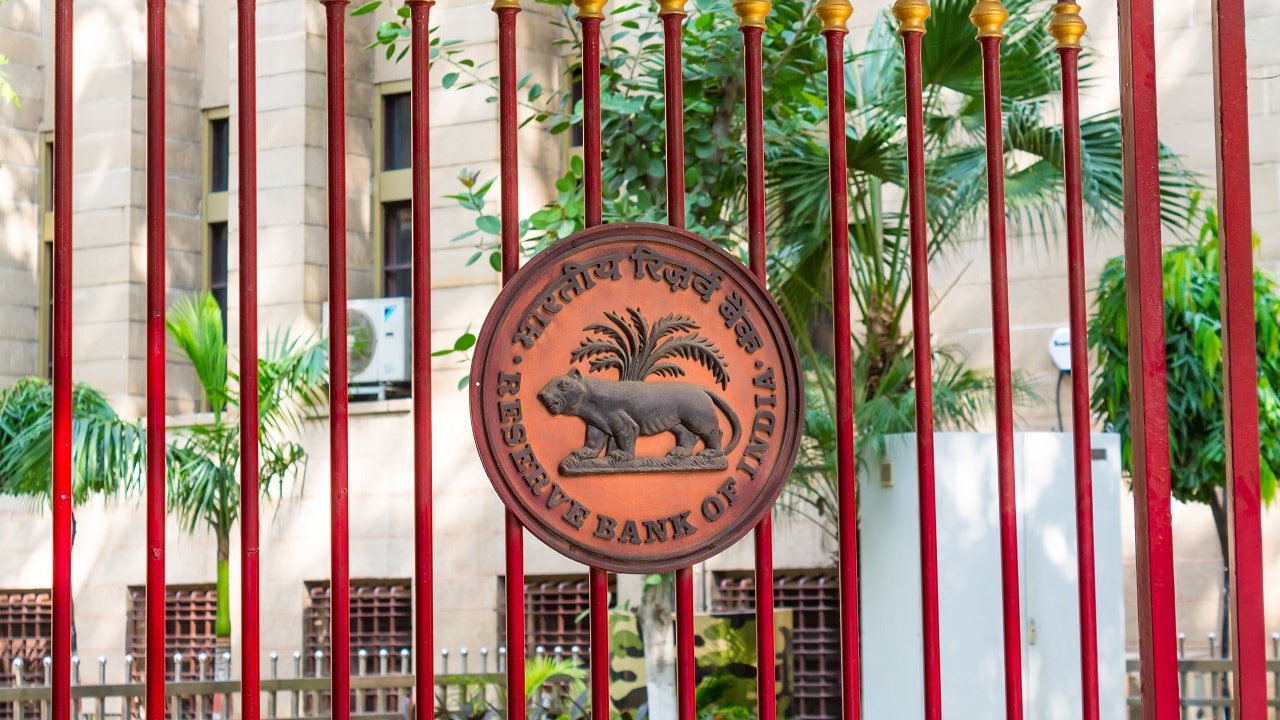Economists believe monetary policy needs course correction as April inflation likely to cross 7%
Summary
Consumer price index (CPI) has jumped to 6.95 percent for the month of March, which means it is breaching Reserve Bank of India’s comfort level of 6 percent. To understand how economists are viewing the March inflation numbers, CNBC-TV18 spoke to Sonal Varma, MD & Chief Economist-India, Nomura Financial Advisory & Securities, and Ananth Narayan, Professor, SPJIMR.
Consumer price index (CPI) has jumped to 6.95 percent for the month of March, which means it is breaching Reserve Bank of India’s comfort level of 6 percent. Since prices across the board have risen which pushed inflation to nearly 7 percent, the RBI may now be forced to hike interest rates in a bid to tame inflation.
To understand how economists are viewing the March inflation numbers, CNBC-TV18 spoke to Sonal Varma, MD & Chief Economist-India, Nomura Financial Advisory & Securities, and Ananth Narayan, Professor, SPJIMR.
Varma stressed that inflation was already tracking above 6 percent for FY23. She explained that demand side pressures are starting to mount along with pending supply side adjustments.
She said, “Inflation was already tracking above 6 percent for FY 23 prior to the upper surprise we have seen in March. There are a bunch of supply side adjustments that are pending, demand side pressures that are building up, and second order effects that will play out. We were expecting an average CPI inflation at 6.2 percent in FY23. Given the upside surprise in the March reading, we have revised up our FY23 average estimate to about 6.6 percent.”
She mentioned that the monetary policy cannot ignore where inflation dynamics are headed as demand and supply side effects of the pandemic have been playing out. She pointed out that there is a need for a course correction in the monetary policy stance. She believes a cumulative rate hike of 200 basis points (bps) by 2023-end will be done by the RBI.
Read Here | RBI may need to hike rates by 25 bps as India no exception to global inflation: Arvind Sanger
Varma said, “I don’t think monetary policy can ignore where inflation dynamics are headed. The question we need to ask is, if the output is so weak if credit demand is so weak, and we have underlying inflation of 6-6.50 percent, then where will inflation be if actually everything comes roaring back? What it is basically pointing to is that, yes, there have been demand-side effects of the pandemic, but there have also been significant supply-side effects from the pandemic. So I do think monetary policy has to respond.”
She added, “At 4 percent repo rate, if you’re talking about inflation of greater than 6 percent at least for the next 12 months, the stance of monetary policy right now is ultra accommodative; hence, course correction needs to happen.”
Narayan pointed out that the April print for inflation might even be higher than 7 percent. He cautioned that the monetary policy framework has become dangerously simplistic.
He said, “It does look like we are going to have repeated 6 percent plus inflation. I agree with 6.6 percent as well as a distinct possibility. In fact, the April print, by the way, might be higher than 7 percent given the oil price adjustment as well so watch out for all of that.”
He added, “The problem with the monetary policy framework is it has become dangerously simplistic. The framework gives the impression that you can keep CPI within a range merely by changing repo rate Macroeconomics is far more complicated than that, as the last two decades have shown and this is dangerously simplistic.”
Read Here | SBI Chairman wary of inflation but says growth continues to be main focus
According to him, short-term rates are addressing the wrong part of the market dynamics.
He said, “The markets are expecting a very steep rise in short term rates. My limited point is the following – short term rates is probably addressing the wrong part of the inflation metrics right now. Even from a monetary sense, there is simply no trade growth. On the contrary, a lot of investment growth which comes even from mortgages is linked to short term rates. It is not long term rates.”
Watch the video for the full interview.
Follow our live blog for more stock market updates

Elon Musk forms several ‘X Holdings’ companies to fund potential Twitter buyout
3 Mins Read
Thursday’s filing dispelled some doubts, though Musk still has work to do. He and his advisers will spend the coming days vetting potential investors for the equity portion of his offer, according to people familiar with the matter









 Listen to the Article
Listen to the Article  Daily Newsletter
Daily Newsletter













